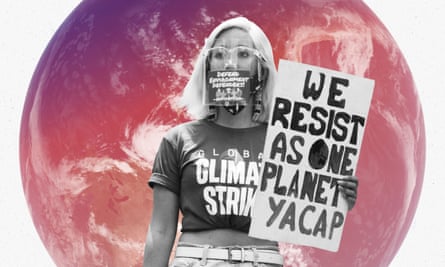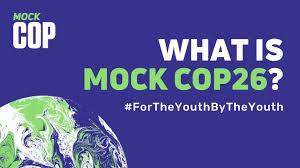On November 29th, as global climate action strikes were getting under way, climat action leaders Greta Thunberg of Sweden, Luisa Neubauer of Germany, and Angela Valenzuela of Chile wrote an op-ed to the UN Climate Change Conference occurring in Madrid next week as student strikes continued.
Thousands of students participated in the global climate strike on Nov. 29, 2019 in Rome, Italy. (Photo: Simona Granati - Corbis/Corbis via Getty Images)
People worldwide poured into the streets Friday for a youth-led climate strike that aimed to pressure global governments to step up their efforts to tackle the planetary emergency at a key United Nations summit scheduled to start Monday.
"Striking is not a choice we relish; we do it because we see no other options," youth climate leaders Greta Thunberg of Sweden, Luisa Neubauer of Germany, and Angela Valenzuela of Chile wroteFriday in an op-ed for Project Syndicate.
"We have watched a string of United Nations climate conferences unfold," they added. "Countless negotiations have produced much-hyped but ultimately empty commitments from the world's governments—the same governments that allow fossil fuel companies to drill for ever-more oil and gas, and burn away our futures for their profit."
https://www.commondreams.org/news/2019/11/29/we-see-no-other-options-you...


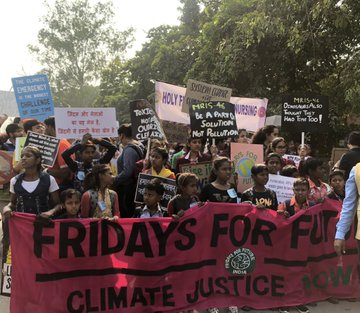

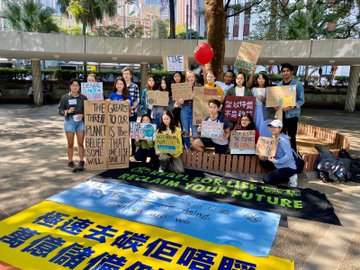

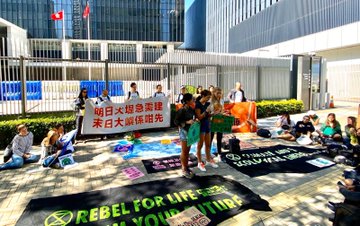

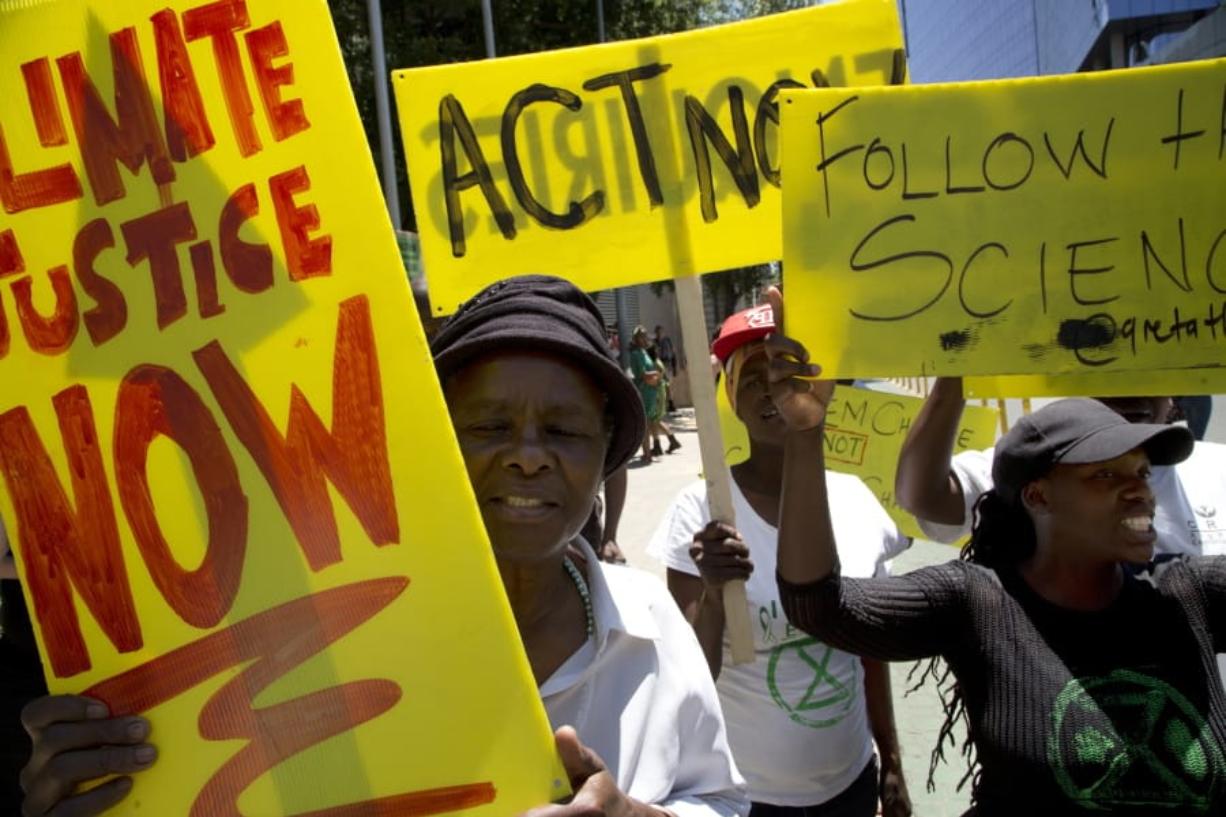












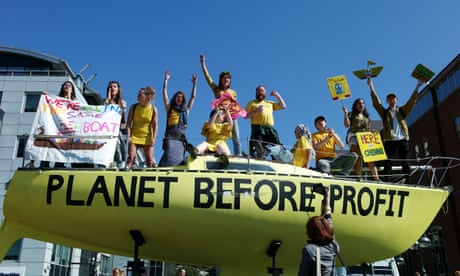


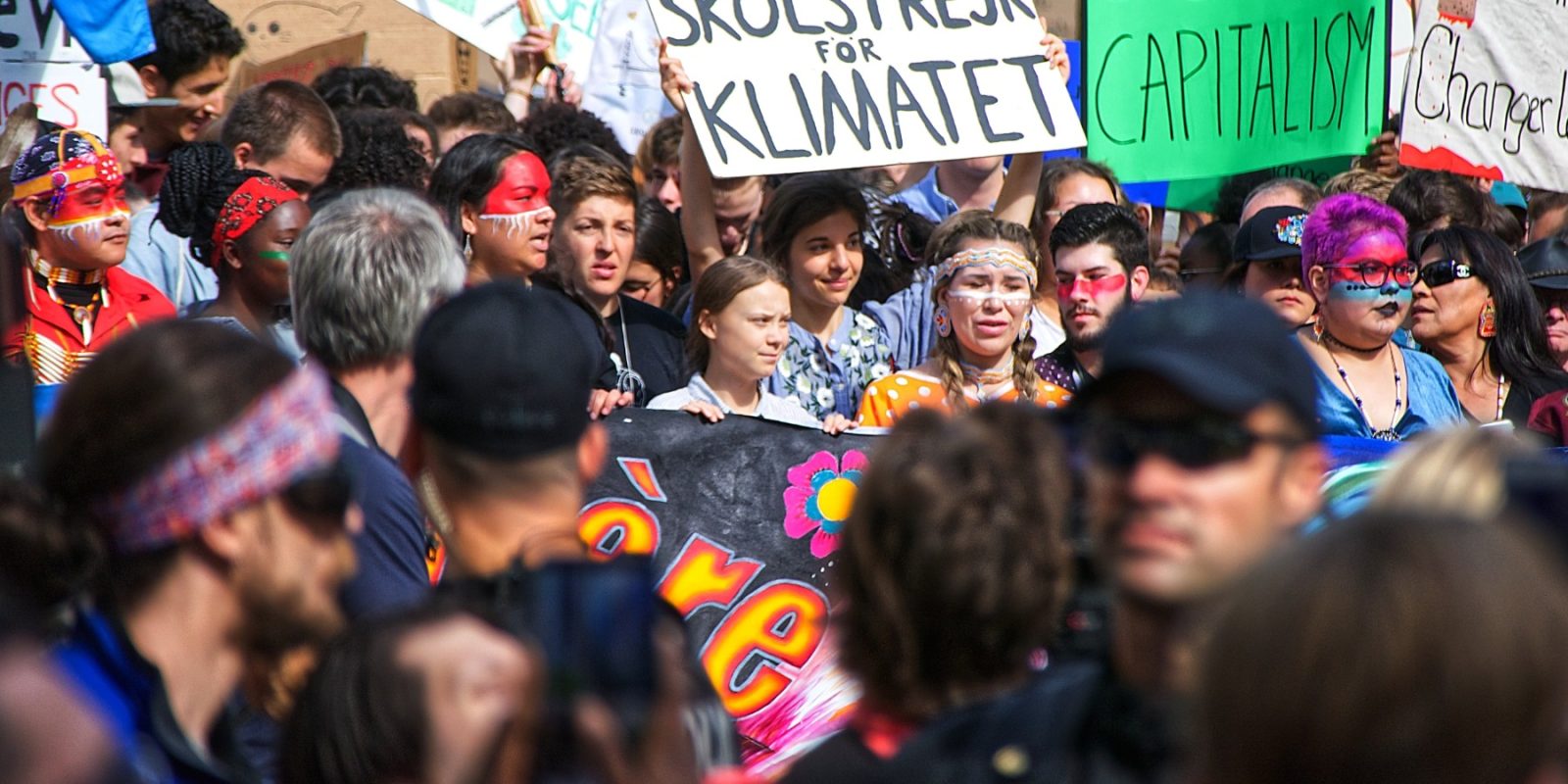
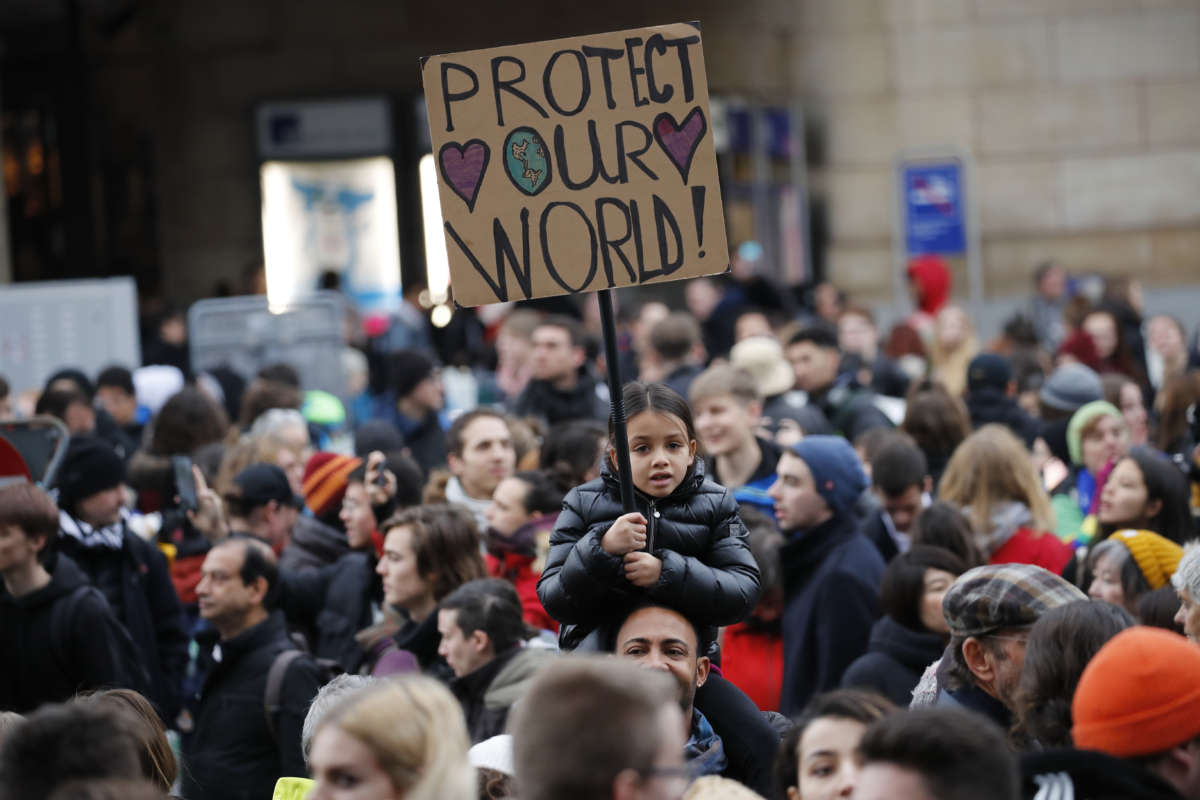
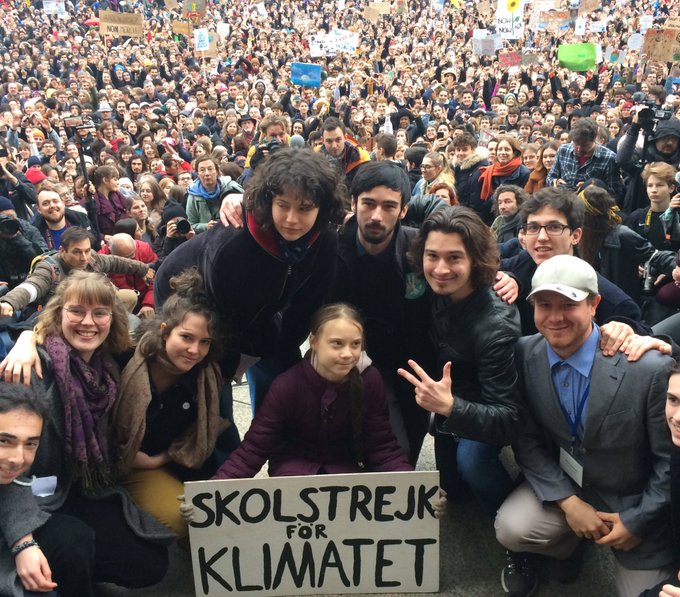


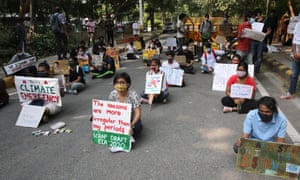
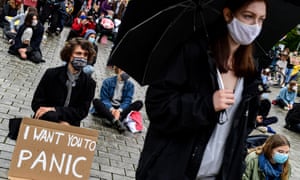






 Toronto climate strike September 25th 2020.
Toronto climate strike September 25th 2020. It wasn’t until last year in August, when part of my country’s rainforest was being burned down, that I found shelter in climate activism. That is when I created a movement to connect youth with NGO’s, so they’d knew how to be part of the change. Thanks to the movement, I started going to climate strikes, and getting to know the climate activists in my city. I helped organize three climate strikes in my city.
It wasn’t until last year in August, when part of my country’s rainforest was being burned down, that I found shelter in climate activism. That is when I created a movement to connect youth with NGO’s, so they’d knew how to be part of the change. Thanks to the movement, I started going to climate strikes, and getting to know the climate activists in my city. I helped organize three climate strikes in my city. 





